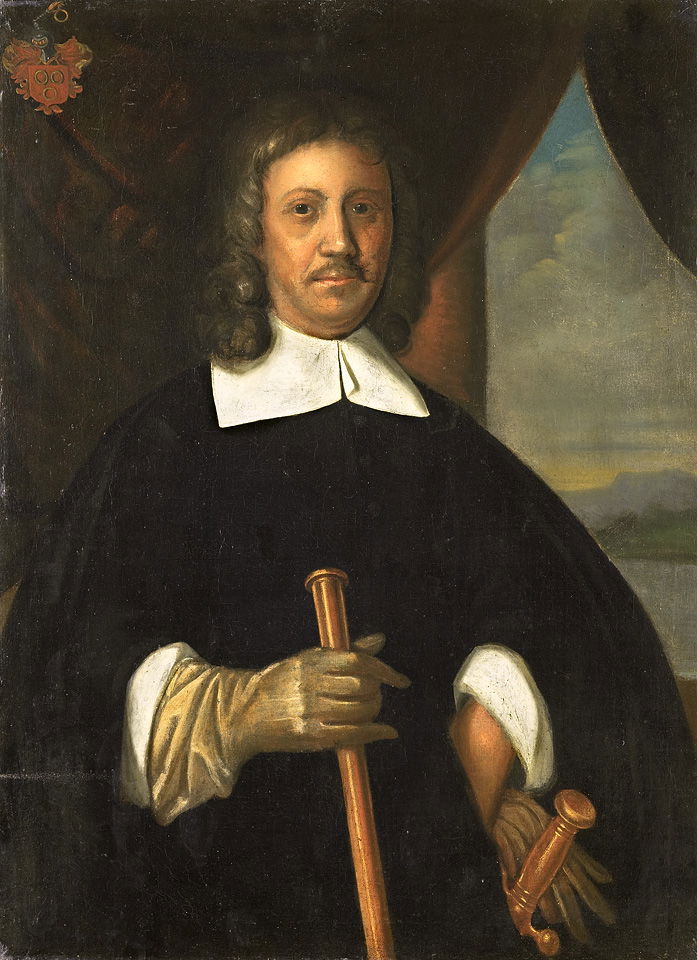Van Riebeeck's Day and Holy Week

6 April 2023
By Dr. Adi Schlebusch
When the Dutch colonial administrator Jan van Riebeeck and his company landed at Table Bay exactly 371 years ago, their purpose at the time was not to establish a European settlement in Southern Africa, but merely to fortify the site as a way-station on the maritime trade route between the Netherlands and India. Interestingly, the settlement of the Dutch at the Cape was a direct result of the socio-political impact of the Reformation in Europe. European nations used to trade with India and China by travelling through the Middle East, but as Islamic leaders now made it almost impossible to travel through their lands, Europeans started sending trade ships around Africa to India by the 15th century. The Portuguese were the leaders in this regard, and so the Dutch initially had no interest in sending their own ships around Africa. However, this changed when Spain subdued Portugal in 1580 and the new hardline Roman Catholic Spanish government banned Dutch ships from accessing the harbor of Lisbon.
This was a decisive move, as it forced the Dutch to start sending their own ships to India. This led to the formation of the Dutch-East India Company, the world’s first modern publicly trading company whose ownership was organized via shares through stock issued.
The company soon realized the need for establishing a halfway stop at the Southernmost point of Africa. Now, what is fascinating about the Cape Colony is that for almost a century-and-a-half, from 1652 to 1795, it was governed by this company, which means that it had a private-legal as opposed to a republican government. It established magistracies in the various towns and maintained foreign relations with the black tribes it encountered beyond the Great Fish River. A new category of “Vrij Burghers” or “Free Citizens” emerged, which were European people who didn’t work for the company, but were legal subjects of its magistracies. In this regard the company was decisively shaped by the ideas of the Zurich reformers. At the time, Heinrich Bullinger's Decades was the most read work of the Reformation in the Netherlands and his views shaped the civil policies of the Dutch East India Company to such an extent that the Cape Colony can truly be considered an outpost of the Zurich Reformation. As professor Andries Raath points out:
The Zurich Reformation was actively supported by the Dutch East India Company in its care for the religious, political and legal needs of the early Cape settlement. Not only the promotion of the Reformed religion by the Classis of Amsterdam but also the political and legal interests of the settlement were advanced on the basis of the Zurich reformation and its emphasis on the covenant. It was Huldrych Zwingli and his successor Heinrich Bullinger whose idea of the covenanted community served as the blueprint for the activities of the Sick Comforters, the proceedings of the Council of Justice and the decisions of the Council of Policy.
Van Riebeeck, who had brought the Reformed faith to southern Africa for the first time, vowed upon arrival “to maintain justice and, if it is possible, establish and spread the true Reformed Christian doctrines among the wild and uncivilized people” they encountered there, “to the honor and praise of God’s Holy Name.” Since then, the 6th of April has been commemorated as Van Riebeeck’s Day.
This year, Van Riebeeck’s Day falls on Maundy Thursday, right in the middle of Holy Week. This is most apt, as the historical moment we commemorate on this day, when true religion arrived on the shores of Southern Africa, reminds us of how the gospel of the crucified and resurrected Christ is destined to conquer the entire Globe, and that all the nations of the earth everywhere on the planet will one day bow down in obedience to Him (Revelation 11:15). Christ has truly conquered Satan, sin, and death, and his reign extends over all creation (Matthew 28:18).
So as we approach Easter weekend, let us constantly remind ourselves what a truly joyous time of the year this is—a time to celebrate the redemptive significance of the great victory of our Lord Jesus Christ, who now reigns at the right hand of God the Father, and in whom we are more than conquerors (Romans 8:37). It is about time we started acting like it.